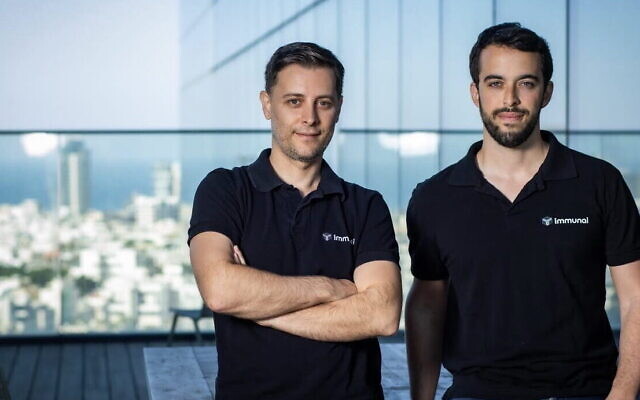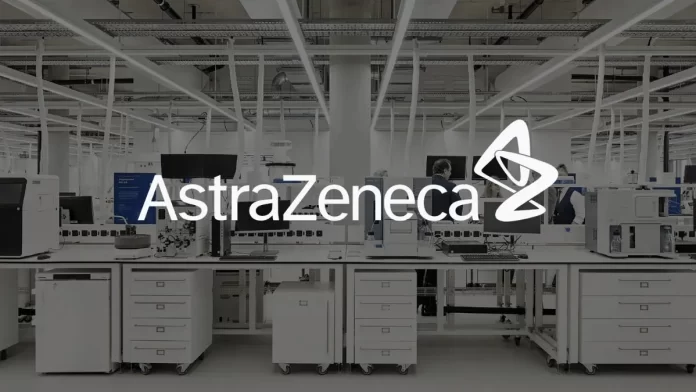In a groundbreaking move that highlights the growing influence of artificial intelligence (AI) in healthcare, Israeli-American biotech unicorn Immunai has secured an $18 million partnership with pharmaceutical giant AstraZeneca. The collaboration aims to transform cancer drug discovery and development by utilizing Immunai’s sophisticated AI model of the human immune system and machine learning technologies to improve the success rate of clinical trials.
Immunai: Mapping the Immune System
Founded in 2018, Immunai is a leader in the integration of AI and biotechnology. The startup has developed an advanced AI platform capable of comprehensively mapping and decoding the human immune system at a single-cell level. This revolutionary technology is designed to uncover key insights into immunotherapy, cancer treatment, and personalized medicine.
Immunai’s platform leverages big data computation, machine learning, and single-cell biology to fuel the discovery of new therapeutics and accelerate the drug development process. This ability to precisely analyze immune system data holds the potential to dramatically enhance clinical decision-making, such as patient responder analysis, dose selection, and biomarker identification.
AstraZeneca’s Vision: Data-Driven Cancer Trials
Iker Huerga, AstraZeneca’s Chief Data Scientist, emphasized the transformative role that AI can play in improving cancer drug discovery and clinical development. “Artificial intelligence is transforming cancer drug discovery,” said Huerga. “Our collaboration with Immunai allows us to utilize their AI platform for data-driven research and development, helping us gain new insights into the mechanisms of action in immunotherapies.”
By partnering with Immunai, AstraZeneca aims to harness the power of AI to streamline its drug trials. The company plans to integrate Immunai’s platform across various stages of clinical trials, making it a central tool for clinical decision-making. This will include everything from determining appropriate drug dosages to identifying patients most likely to respond positively to treatments, thus increasing the efficiency and success rates of clinical trials.
The Challenges of Drug Development

Developing a new drug is a highly challenging, time-consuming, and costly endeavor. On average, it takes around a decade and billions of dollars to bring a new therapeutic to market. Despite the enormous investment, over 90% of drug candidates in clinical trials fail to achieve regulatory approval, often due to concerns about efficacy and safety.
Noam Solomon, Immunai’s CEO, believes that AI-driven innovations can help address these challenges. “Bringing a drug to market is incredibly difficult,” Solomon explained. “Through this collaboration with AstraZeneca, we are excited to use our AI-based engine to make the drug discovery process more efficient and, ultimately, bring life-saving therapies to patients more quickly.”
Growing Presence of Israeli Startups in Global Pharma
The partnership with AstraZeneca is part of a broader trend of large pharmaceutical companies turning to Israeli startups for AI-powered drug development solutions. In recent years, several Israeli AI firms have entered high-profile collaborations with global pharma giants.
For example, CytoReason, another Israeli AI startup, has attracted investments from Pfizer and other major players. CytoReason’s AI-based platform is focused on creating computational disease models that help identify more effective treatments. Pfizer’s equity investment in CytoReason, worth $20 million, was part of a larger five-year collaboration deal valued at up to $110 million. CytoReason is also working with other leading pharmaceutical firms, including Sanofi, Roche, and GSK.
Immunai’s Expansion and Vision
Since its founding, Immunai has been on a steady growth trajectory. The company has raised nearly $270 million from top-tier investors like Koch Disruptive Technologies, Talos VC, and Alexandria Venture Investments. With a team of over 170 employees across its offices in New York, Tel Aviv, Zurich, and Prague, Immunai continues to expand its research and development capabilities.
What sets Immunai apart is its ability to combine genomics, bioinformatics, machine learning, and immunology in a single platform. The startup’s AI-powered approach to mapping the immune system gives it a competitive edge, helping it secure over 30 ongoing partnerships with major pharmaceutical companies and academic institutions like Harvard, Stanford, and Memorial Sloan Kettering.
Immunai’s collaboration with AstraZeneca is expected to enhance cancer drug trials and accelerate the development of new immunotherapies. If successful, this partnership could pave the way for more widespread use of AI in the pharmaceutical industry, improving treatment outcomes for patients worldwide.
Must Read: The 5G Effect: How Faster Networks Are Changing Everything?






